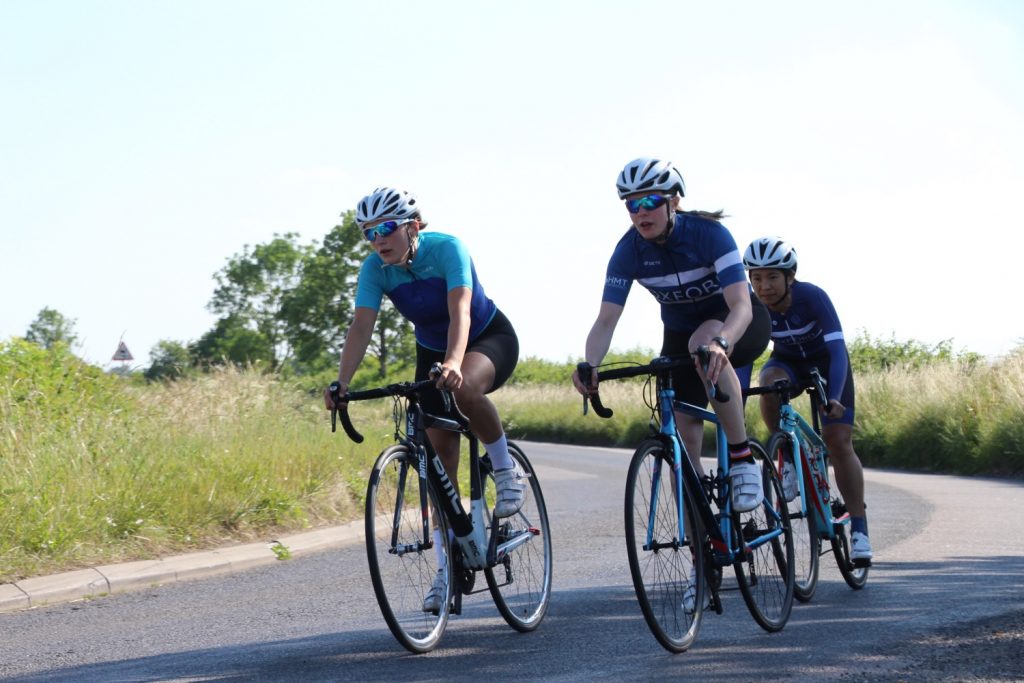Most people aren’t even awake by 6 a.m., so it takes mental and physical strength to start preparing for a race that early. Here we explain how you can turn this potential ordeal into an opportunity for success and personal growth.
Nutrition
A crucial part of a morning race is what you have for dinner the night before. If you eat too much, you might disrupt your sleep or wake up with digestive problems. If you eat too little, your body might not have enough fuel. Here are a few suggestions:
- Try to eat dinner at least three hours before bed,
- Stick to what you know; don’t worry about carb loading,
- Avoid anything too greasy,
- Prepare your own meal so that you know exactly what you’re eating.
When you wake up, eat your usual pre-workout meal. The most important thing is to eat high-energy foods that are easily digestible – think eggs, yoghurt or porridge. In an ideal world, you’d be eating at least two hours before your event, but sometimes that’s not possible – if you’re preparing for a short race, a banana or a piece of toast should be enough to keep you going.
There are only two hard and fast rules: eat something beforehand, and stay hydrated throughout the day.
Sleep
In order to get a good night’s sleep, you may need to change your sleep pattern as the race approaches. If you have to wake up significantly earlier than usual, start shifting your sleep cycle in fifteen-minute increments. That way, your body and mind will gradually adjust to your new routine.
You may need to change your sleep pattern as the race approaches.
Unfortunately, work and family commitments mean that most of us can’t go to bed at 9 p.m. to be ready for a 5 a.m. start. Compromise will be necessary somewhere – maybe you’ll only get six hours’ sleep, or you’ll eat breakfast slightly closer to the event – but remember that it’s the same for most of your competitors.
Practicalities
Time is of the essence here, so lay your kit out the night before to avoid unnecessary stress when your alarm goes off. You should then be looking to arrive at the start nice and early, so that you have time to park and collect your race pack if necessary.
Physical Preparation
Make sure your body and mind are used to exercising at this time of day, as this will increase your chances of performing well. Also include a proper warm-up, because your muscles will be colder than usual.
In the weeks leading up to the event, your mileage should gradually decrease (you may look for a slightly positive TSB in Wattson Blue) – this will help you to rest and recuperate.
Conclusion
Understanding your body gives you the best chance of being physically and mentally prepared for a race. Once you know what works for you, create a routine and stick to it. If you can do that, the early mornings will be worth the pain, and you’ll enjoy the rest of the day knowing you’ve pushed yourself to your limit!
Wattson Blue empowers you to find the right balance between stress and recovery to maximise your long-term performance. It is available to download on iOS and Android.
